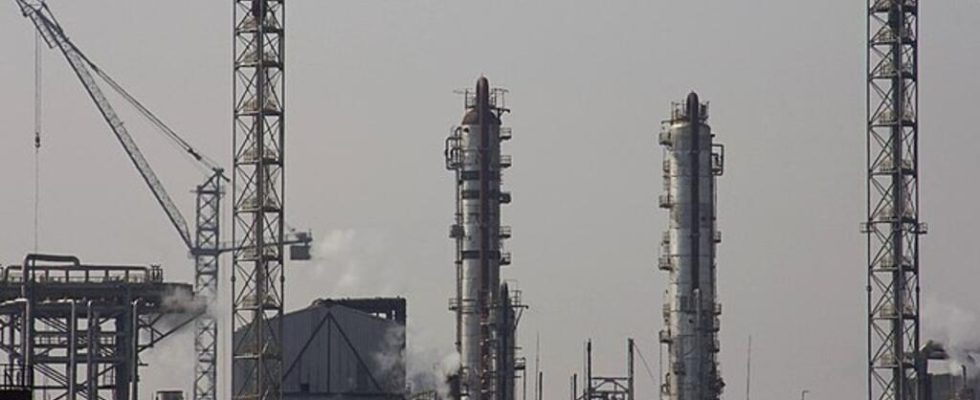After the Kakhovka dam, Russians and Ukrainians accuse each other of having blown up the Togliatti-Odessa pipeline on Monday, June 5, essential for the export of ammonia and fertilizers.
The explosion took place Monday evening near Massioutovka, a small village controlled by Russian forces in the Kharkiv region (northeastern Ukraine). According to the Russian Ministry of Defense, the explosion of this 2400 km ammonia pipeline, the longest in the world, would be the work of a ” Ukrainian sabotage group “. ” Several civilians were injured. They were given all the necessary medical assistance “, specifies the press release of the ministry.
The pipeline, which connects the Russian city of Togliatti, on the banks of the Volga, with Odessa, the most important Ukrainian port on the Black Sea, allowed Russia to export more than 2.5 million tons of ammonia – a key component of mineral fertilizers – in particular for the European Union. It was commissioned to export the products of the Togliatti Chemical Enterprise, Russia’s largest ammonia producer and one of the largest in the world. Transit through this pipeline, built in the late 1970s, was suspended with the start of the Russian offensive in Ukraine in February 2022.
On the Ukrainian side, the head of the military administration of the Kharkiv region, Oleg Sinegoubov, accused Russia on Tuesday of being responsible for the destruction of the pipeline. ” People’s lives and health are currently not in danger “, he assured.
The resumption of the functioning of the infrastructure, demanded by Moscow, is part of the negotiations, with the participation of the UN, on the cereal agreement which has allowed the export of millions of tonnes of Ukrainian cereals. “ This ammonia pipeline was crucial to ensuring food security around the world “, said Wednesday the spokeswoman for Russian diplomacy, Maria Zakharova, during a briefing. She accused Ukraine of having dealt a blow to the efforts of the United Nations in the fight against hunger “. “The only one who had no interest in the ammonia pipeline resuming work was the kyiv regime,” Zakharova said.
The grain agreement was signed on July 22, 2022 by the UN, Ukraine, Russia and Turkey. This crucial agreement for the world food supply, which allowed the export of Ukrainian cereals via the Black Sea, was renewed in May for two months, until July 17, while Moscow is demanding guarantees on another agreement concerning its exports, particularly of fertilizers.
(With AFP)
